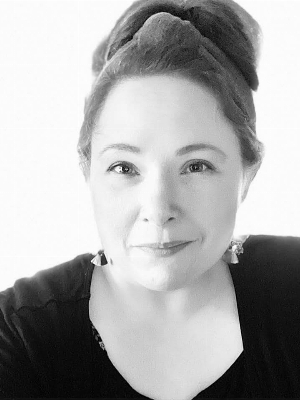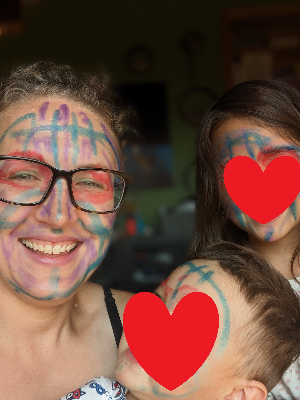
May 5-9, 2025 - Virtual via Zoom
This is the second in a two part presentation about the journey to AAC. After hearing about the way AAC can invigorate early language learners, come learn about crucial steps on the journey towards communication that respect and support the unique neurology and communication needs of our learners. Active participation is encouraged and collaboration enthusiastically enjoyed.

Cass Griffin Bennett regularly works with Early Supports teams and their families to demystify toddler AAC and increase opportunity and access. Cass is a WA-based peer parent coach at Through to Thrive, an AAC consultant and presenter and a board member of the Northwest Augmentative Communication Society (NWACS). She believes in the power of access to robust communication to change the trajectory of lives and is passionate about empowering families on their AAC journeys. Cass can be reached at cassia.griffin@gmail.com and as admin of the NWACS Family AAC Group at https://www.facebook.com/groups/nwacsfamily.

Jo is a Seattle-based speech language pathologist and owner of Chat NW. She has 12+ years of experience with a specialty in Augmentative and Alternative Communication. She has worked in multiple settings including outpatient therapy, Autism Centers, schools and private practice. Her passion is supporting those who use AAC to connect with the people important to them, advocate for the things that are important to them, and communicate in the environments that are important to them. She presumes potential and strives to provide neurodiversity-affirming supports and education. The work and joy of communication is meant to be shared.